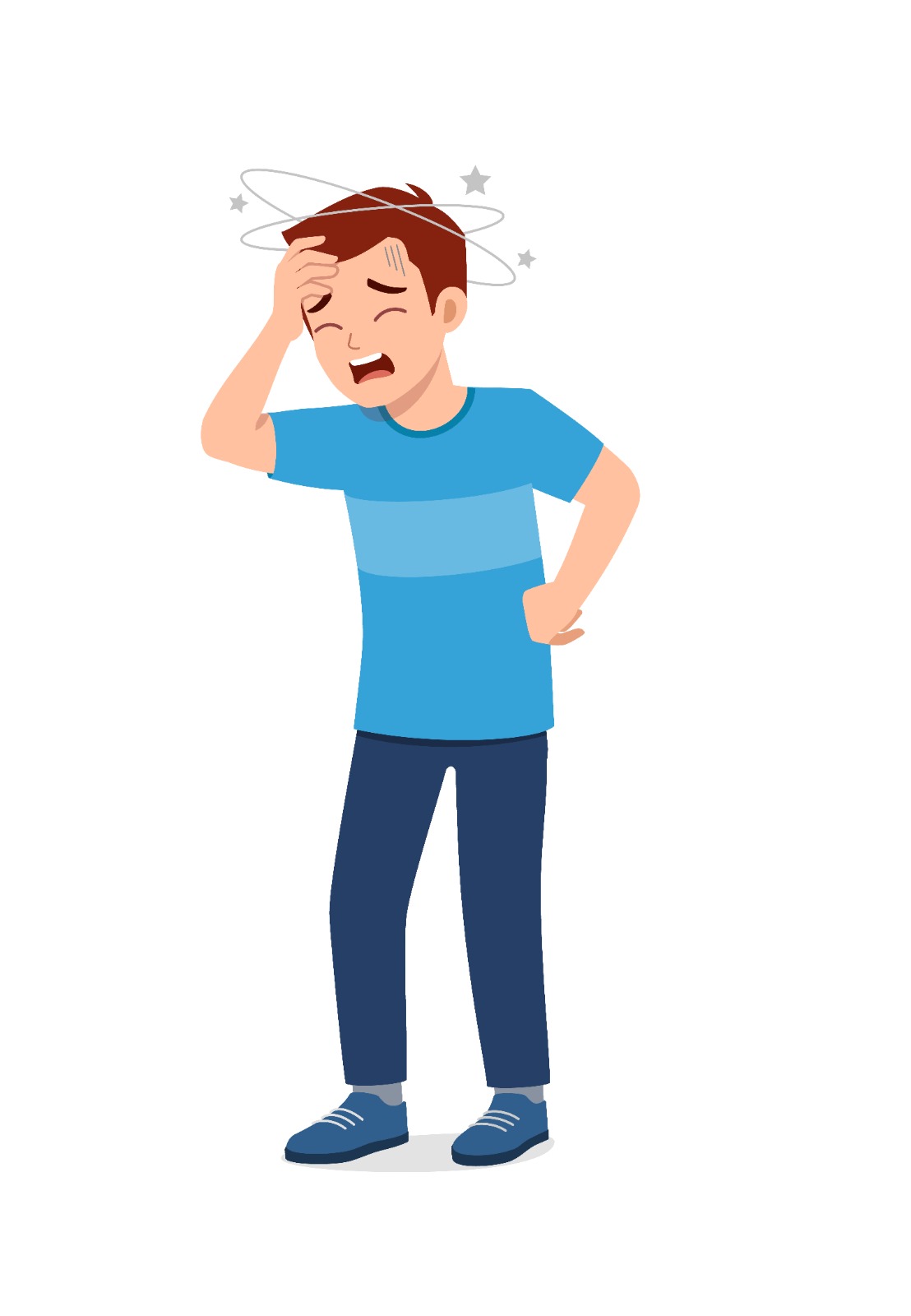Debunking Myths about Dizziness: Common Misconceptions and Facts
Dizziness is the feeling of being lightheaded, unsteady, or off-balance. It is often associated with sensory organs like the eyes and ears, occasionally leading to fainting. Dizziness isn’t a disease itself but rather a symptom of various disorders.
Occasional dizziness is normal and not typically a cause of concern. However, repeated episodes of dizziness for no apparent reason or for a prolonged period require immediate medical attention. [1]
Dizziness is a complex sensation that can be misunderstood and surrounded by misconceptions. In this blog, we’ll debunk some common myths about dizziness.
Myth #1: Dizziness is always a sign of a serious medical condition
Fact: While dizziness can sometimes indicate an underlying health issue, such as inner ear problems or low blood pressure, it is often benign and temporary. Many cases of dizziness are due to minor causes like dehydration, anxiety, and medication side effects.
Myth #2: Vertigo and dizziness are the same thing.
Fact: Vertigo is characterized by a spinning sensation like the room is moving. It may also feel like motion sickness or as if you’re leaning to one side [1]. Dizziness, on the other hand, is a broader term that encompasses various sensations, which may or may not include vertigo.
Myth #3: Dizziness is always accompanied by fainting.
Fact: While some forms of dizziness may lead to fainting (syncope), not all dizziness episodes result in loss of consciousness. Many people experience dizziness without fainting and may only feel lightheaded or unsteady.
Myth #4: Dizziness is always a chronic condition.
Fact: While some individuals may experience chronic or recurrent dizziness due to ongoing health issues, many cases of dizziness are transient and resolve on their own or with appropriate treatment. Identifying and addressing the underlying cause can help prevent future episodes of dizziness.
By debunking these myths about dizziness and providing accurate information, we aim to empower individuals to better understand and manage this sensation. If you experience frequent or severe dizziness, seek evaluation and guidance from a healthcare professional.
References:

